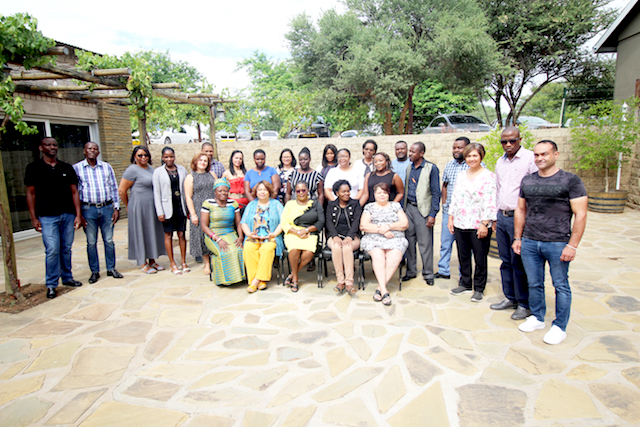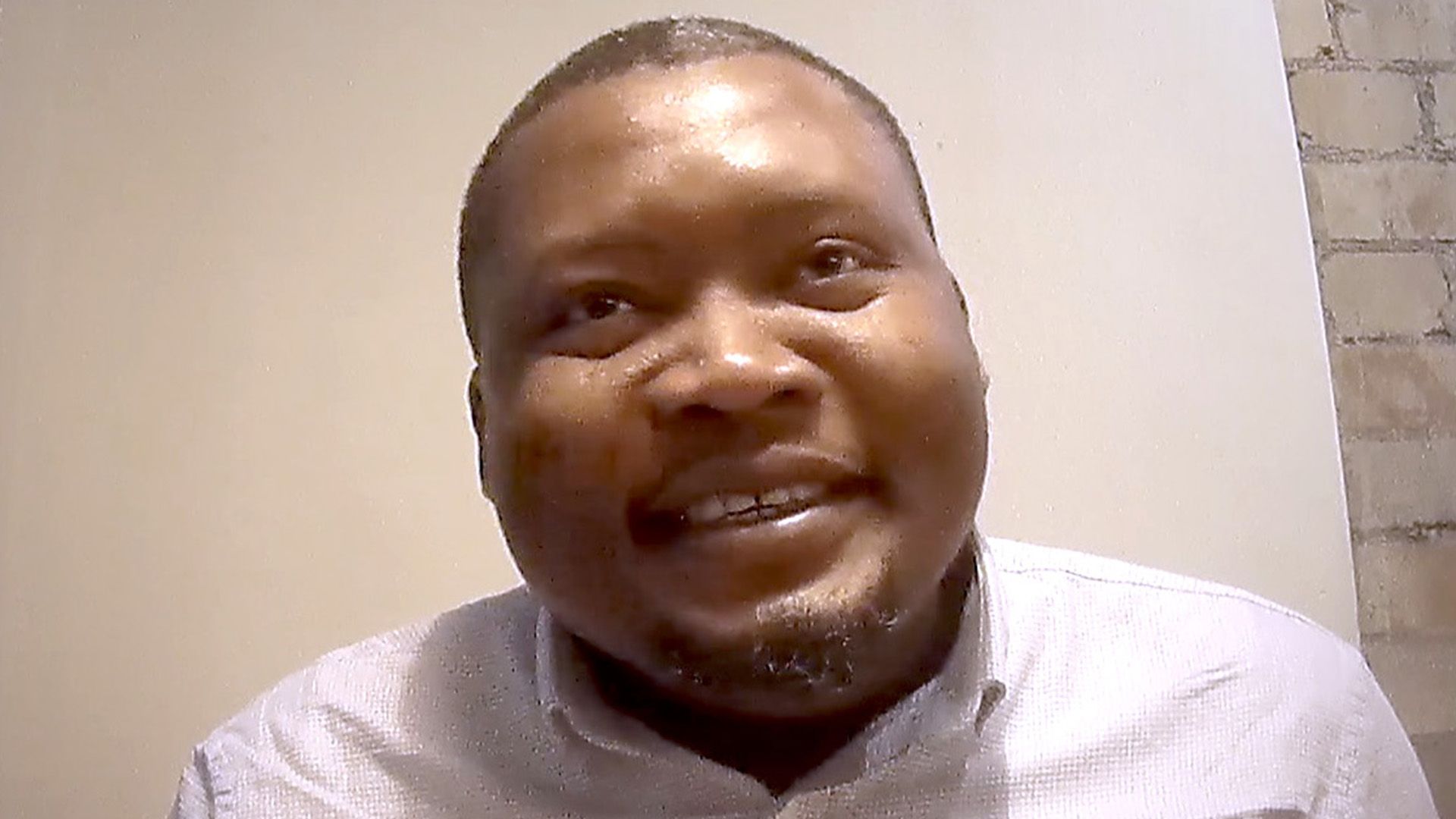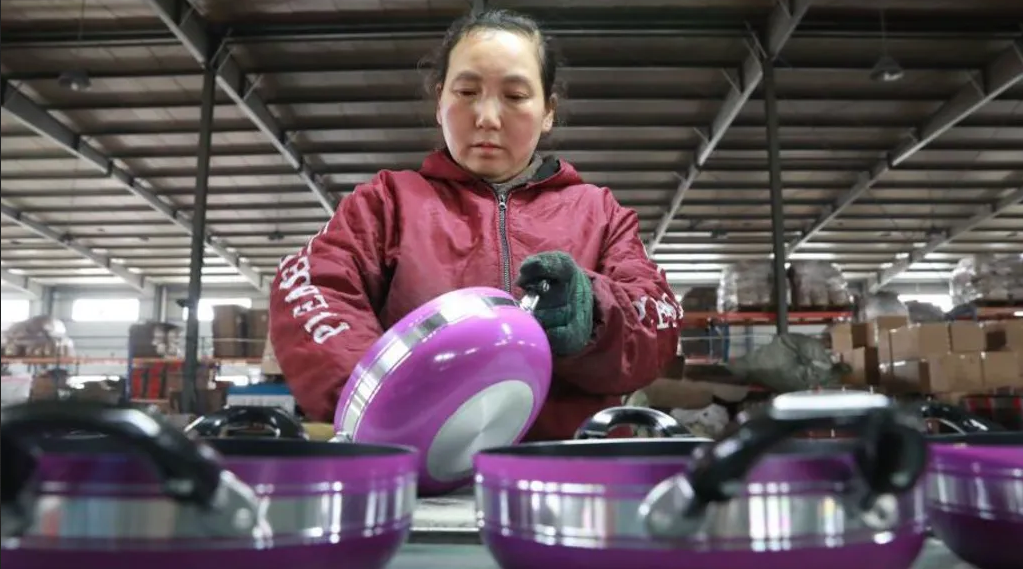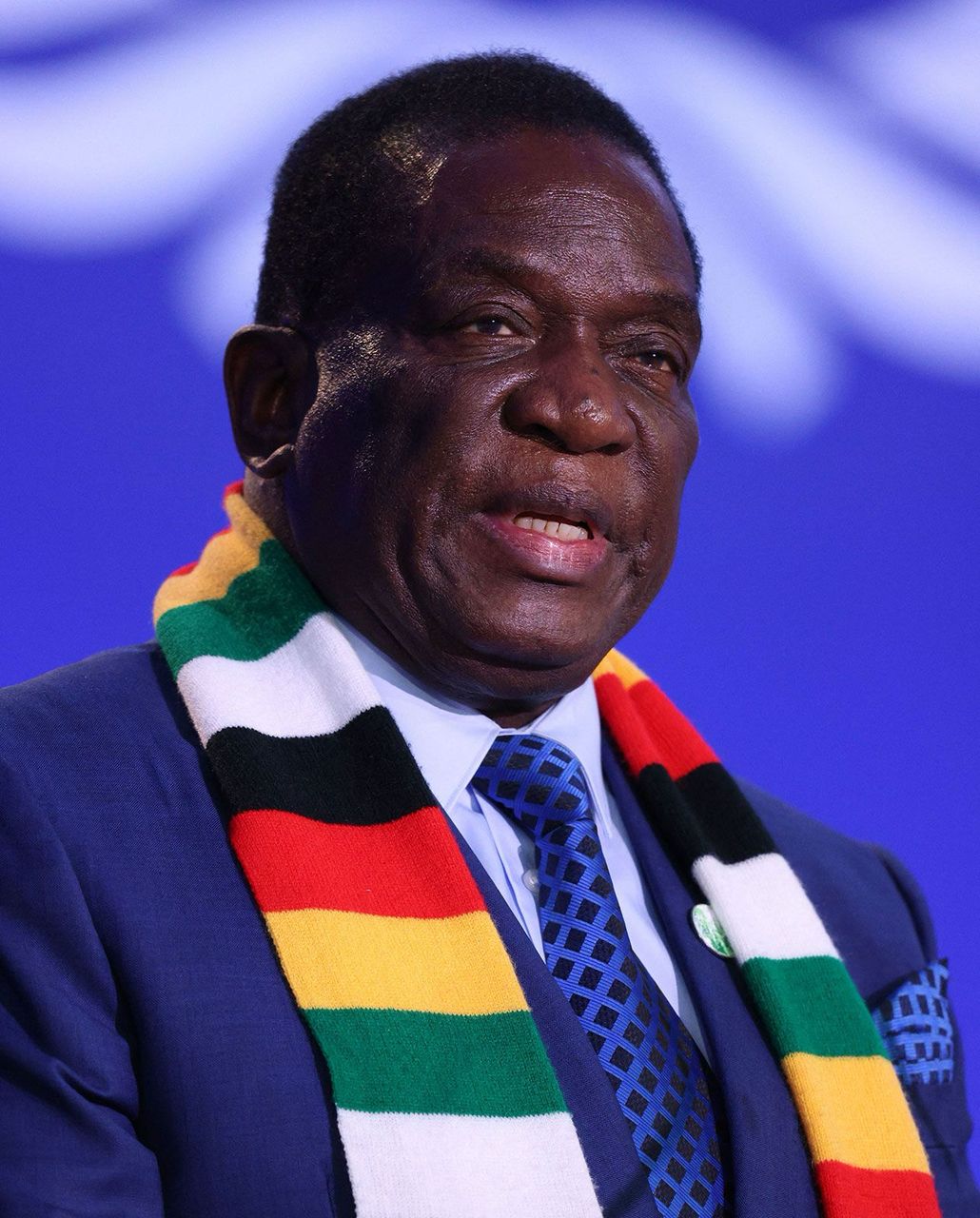MOSES MAGADZAPROFESSIONALS working with adolescents suffering from drug or substance disorders are honing their skills to provide family therapy. Research shows that children as young as nine years old are among regular drug and substance users in Namibia.
Towards the end of last month, a team of professionals from various disciplines met to bounce ideas off each other in a three-day workshop as officials expressed grave concern over the early age at which some children were using drugs and other substances in the country.
Rene Adams, the programme manager responsible for substance abuse prevention, drug control and rehabilitation in the Ministry of Health and Social Services, officially opened the workshop in Windhoek.
The United Nations Office on Drugs and Crime funded the training, dubbed ‘Booster Training of the Family-based Treatment Training Package for Adolescents with Drug and other Substance use Disorders’.
Adams said a recent nationwide study by the health ministry targeting adolescents aged between 13 and 16 years had thrown light on a disturbing phenomenon: some children younger than 10 years of age had commenced using drugs and substances.
“They start at the age of nine. Regular use of drugs and substances, not experimenting. They drink alcohol, sniff glue and smoke dagga. We need more of these training session,” she said.
She welcomed the training, saying Namibia had a serious shortage of human resources for mental health and was struggling to cope with worsening drug and substance crises.
“We (professionals) are just a few but our country has a big problem,” she said.Adams said the active involvement of empowered families was necessary to prevent more adolescents from experimenting with drugs and other substances that might lead to drug use disorders.
She hoped the training would boost efforts to build a cohort of adequately trained and skilled professionals to respond to issues related to drug and substance use disorders and to work closely with families.
“We need family-based therapy for adolescents substance use disorder. We need to know and assist the families. Once a person goes for treatment and feels better, they return to their families,” Adams said.
She explained that the effects of drug or substance abuse do not just affect the people using drugs, but other family members as well as those around them.
“It’s a family addiction. Back in the days, we believed that substance abuse affected at least 16 people around the patient. I think it is 16 multiplied by two. This is because our families tend to be big and include extended family members. This problem affects much more people than we initially thought,” she said.
Signe Rotberga, the United Nations Office on Drugs and Crime regional coordinator for southern Africa, called for the use of counterfactual evidence and developing partnerships in responding to drug and substance challenges.
In remarks made on her behalf by a UN drug and crime agency official, Rotberga cautioned against knee-jerk responses and overreliance on the criminal justice system through criminalisation when dealing with drug use issues.
Dr Lahija Hamunjela, an internationally certified addiction treatment professional and specialist in psychiatry and mental health, facilitated the training session.
She said the training sought to build a cadre of ‘baseline professionals’ to help many adolescents that were presenting with substance use disorders at health facilities.
Hamunjela said the most accessible and abused drugs and substances in Namibia included glue, which is sniffed, and cigarettes, dagga, cannabis and “cocaine, which is now common”.
She said there were telltale signs that children were using drugs or other substances. Therefore, she encouraged parents to be observant and seek help early.
“When parents notice their child’s school marks going down or the child exhibiting behavioural problems, they should wonder if drugs or substances are not involved,” she said.
The tragedy, Hamunjela said, was that many parents had neither knowledge nor skills to deal with a child that is using drugs or substances.
“It can be worse if the child develops drug or substance use disorders. Some parents are in denial while others attribute such a child’s behaviour and mental condition to other factors, most commonly witchcraft,” she added.
She said while most people were good at taking children and other people who develop substance use disorders to health facilities ‘to be fixed’, a few were adept at supporting such patients to ensure adherence to treatment after they are discharged.
Most of the approximately 30 participants welcomed the training. Charles Mabulawa, the rehabilitation coordinator in charge of mental health and special needs offenders at the Gobabis Correctional Facility of the Namibian Correctional Service, found the training “very relevant” to his work.
“Young people form a significant part of offenders under our care. We call them juvenile inmates. Substance abuse is one of the factors that bring them into conflict with the law and the criminal justice system. At NCS (Namibian Correctional Service), we are implementing rehabilitative interventions to combat the challenges of drug and substance abuse,” he said.
He hailed the training for its “emphasis on evidence-based interventions” and how families can get involved.
Stay informed with The Namibian – your source for credible journalism. Get in-depth reporting and opinions for
only N$85 a month. Invest in journalism, invest in democracy –
Subscribe Now!










